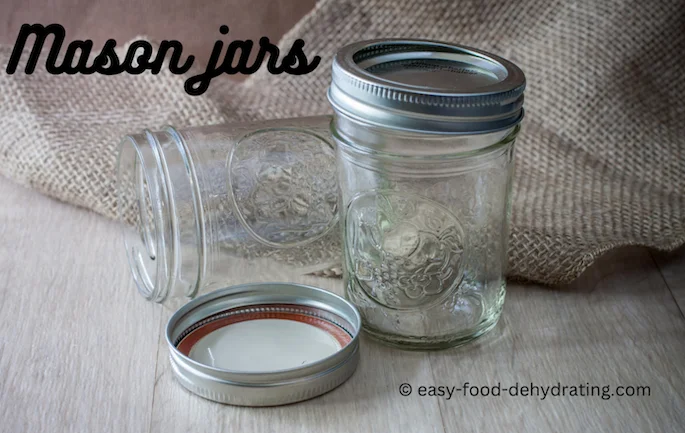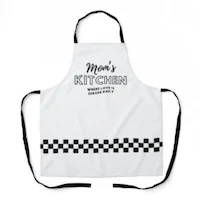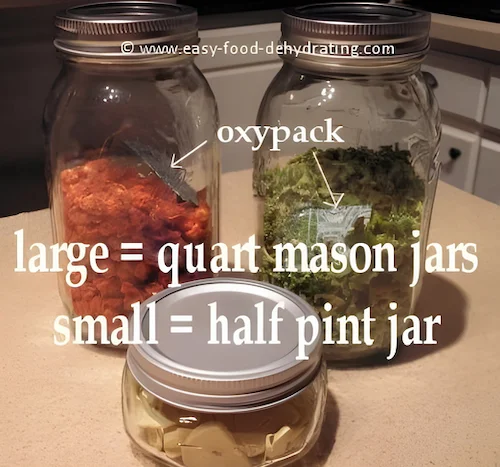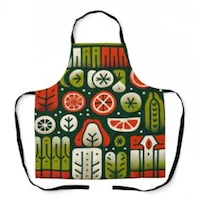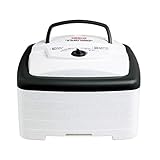whatever the reason or season!
- Home
- How to Store Dehydrated Food Safey for Long Term Storage
- Mason Jars for Storing Dehydrated Food
Mason Jars for Storing Dehydrated Food
Ideal for Daily/Weekly Use of Dehydrated Foods!
Mason Jars for Storing
Dehydrated Food
Ideal for Daily/Weekly Use
of Dehydrated Foods!
I use Mason jars for storing dehydrated food because they're ideal for foods that I use on a regular basis.
It's a great way to store dehydrated fruit and vegetables for a couple of reasons:
- They are airtight!
- Store store easily on your pantry shelves in the kitchen behind closed doors. This keeps direct light off them - which is a good thing!
TOP Frequently Asked Questions:
Mason jars for canning?
Mason jars for canning?
Yes, Mason jars are ideal for canning, and I use them to store dehydrated foods.
Mason jars vacuum sealer?
Mason jars vacuum sealer?
A Mason jar vacuum sealer is a device that sucks oxygen from mason jars in order to extend the shelf life of foods stored inside it. Benefits of using a Mason jar vacuum sealer include:
- Prevents Spoilage - By removing oxygen, it inhibits mold, yeast, and bacteria growth that causes food spoilage, providing longer freshness.
- Preserve Nutrients - Vacuum sealing minimizes air exposure, especially in vegetables, fruits, meats, and prepped meals. Light and oxygen degrade vitamins over time.
- Saves Money - Because we can store foods for longer periods means less wasted food thrown out due to spoilage. Mason jars are great for bulk batch prepping.
- Compact Storage - Mason jars stack well and maximize pantry space.
Mason jars and lids? Where to get them?
Mason jars and lids? Where to get them?
Check out our Amazon links on this page. That's where I get mine. Walmart also have great deals on Mason jars.
Do I need to sterilize my Mason jars?
Do I need to sterilize my Mason jars?
Yes, you do. See "Why It's Important to Sterilize Mason Jars Before Use" and the three methods further down this page!
Method 2 is my fave, but I have been known to do Method 1.
I've never done Method 3 but I would if I canned foods! (What a tease!)
Mother's Day Specials!
Here are a Few of My Filled and Ready-to-Use Mason Jars!
I keep a stash of dehydrated goodies in Mason jars in a kitchen cupboard! :-)
Plus, they look great on our shelves. Impress your friends and family!
You can use smaller air-tight jars (half-pint) for items that you don't use a lot of—such as garlic, and spices.
I use air-tight Mason jars for storing dehydrated food for everyday use.
When I'm ready to
make a quick soup or need to add some dehydrated vegetables to a
recipe, I can quickly add some dehydrated vegetables without having to
mess around preparing fresh vegetables.
Now don't get me wrong, I'll take fresh vegetables over dehydrated any day, but we're all about doing this for long-term storage and to speed up prep time during the week.
Use Different Sized Mason Jars for Storing Dehydrated Food: Handy for Daily/Weekly Use
Keeping dehydrated vegetables in different-sized Mason jars means I'm not opening up my Mylar bags all the time to retrieve a vacuumed packet and having to re-seal the Mylar bag afterward.
This way, I can quickly grab a jar, pour out what I need, and make a quick vegetable soup.
Shown in the photo are dried carrots, celery, and sliced garlic in the front.
Clear Glass Mason Jars are Great... You Can Easily See What's in Them!
I like the fact they're made of glass; not only can you see the contents in the jar, but you can see at a glance how much of the contents remain!
But when you ARE ready to refill your jars from your stock, just go pick out one from your stash of stored Mylar bags. Cut off the Mylar bag's top seal, take out a packet (or two), reseal the Mylar bag, and refill your jar!
Important: Do not forget to sterilize your jars before use.
Why It's Important to Sterilize Mason Jars Before Use
If you're planning on canning or preserving food at home, it's important to sterilize your Mason jars before use. This will help to prevent the growth of bacteria and mold and will keep your food fresh for longer.
There are a few methods to sterilize Mason jars.
Method 1: Wash the jars in hot, soapy water, and then rinse them well. Next, place the jars upside down on a clean towel and let them air dry.
Once the jars are dry, you can sterilize them by placing them in a preheated oven (200°F) for 10 minutes.
Method 2: Sterilize the jars in a dishwasher. Use the dishwasher as an effective method to sterilize Mason jars as part of the dehydration preparation process - but don't mix the jars along with other dirty dishes!
Running washed/clean Mason jars and lids through a full dishwasher cycle on the hottest wash and dry setting helps achieve sterilization as long as jars come out piping hot from the dishwasher and are used immediately. Don't have them hanging around the kitchen!
Method 3: Boil the jars in a large pot of water for 10 minutes.
Once you've sterilized your Mason jars, they're ready to use. Be sure to fill them with food while they're still hot to help prevent bacteria from growing.
Mason Jars at Amazon
Mason Jars Regular Mouth Quart Jars
- Ball brand regular mouth Glass Mason Jars. Quart size (32oz)
- Package of 12
Mason Jars Wide Mouth Pint Jars
- Ball brand wide mouth Glass Mason Jars. Pint size (16oz)
- Package of 12
Mason Jars Wide Mouth Half Pint Jars
- Ball brand wide mouth Glass Mason Jars. Half-Pint (8oz)
- Package of 12
*As an Amazon Associate, I earn from qualifying purchases with no price increase to you. Read disclosure here.
Where Did the Name 'Mason Jar' Originate?
The Mason jar was named after its inventor, John Landis Mason. He patented the jar in 1858, and it quickly became a popular choice for canning and preserving food.
As you know, Mason jars are made of glass, and they have a screw-on lid that creates an airtight seal. This makes them ideal for storing food for long-term storage.
Re-Use Oxygen Absorbers in Your Mason Jars
Add a 100cc oxygen absorber in the jar before vacuuming.
Later on, an easy way to tell if the oxygen absorber is 'worn out' is when you take the lid off. If the lid opens without a popping sound, that means you need to replace the old absorber with a new one.
NOTE: I'll keep the 'old/used' 100cc oxygen absorber and put that in the smaller jars (the jars I use for the elephant garlic and spices).
Even though it may not have much 'life' left in the old oxygen absorber, there's usually enough life left in it for a small jar. Change out the old absorber for a new one when you cannot feel any air pop resistance at all when you remove the lid!
Thanks for stopping by to read why Mason jars for storing dehydrated food are ideal for everyday use.
Before you go, don't forget to pick up your free eBook called "How to Grow and Dehydrate Herbs" here!
